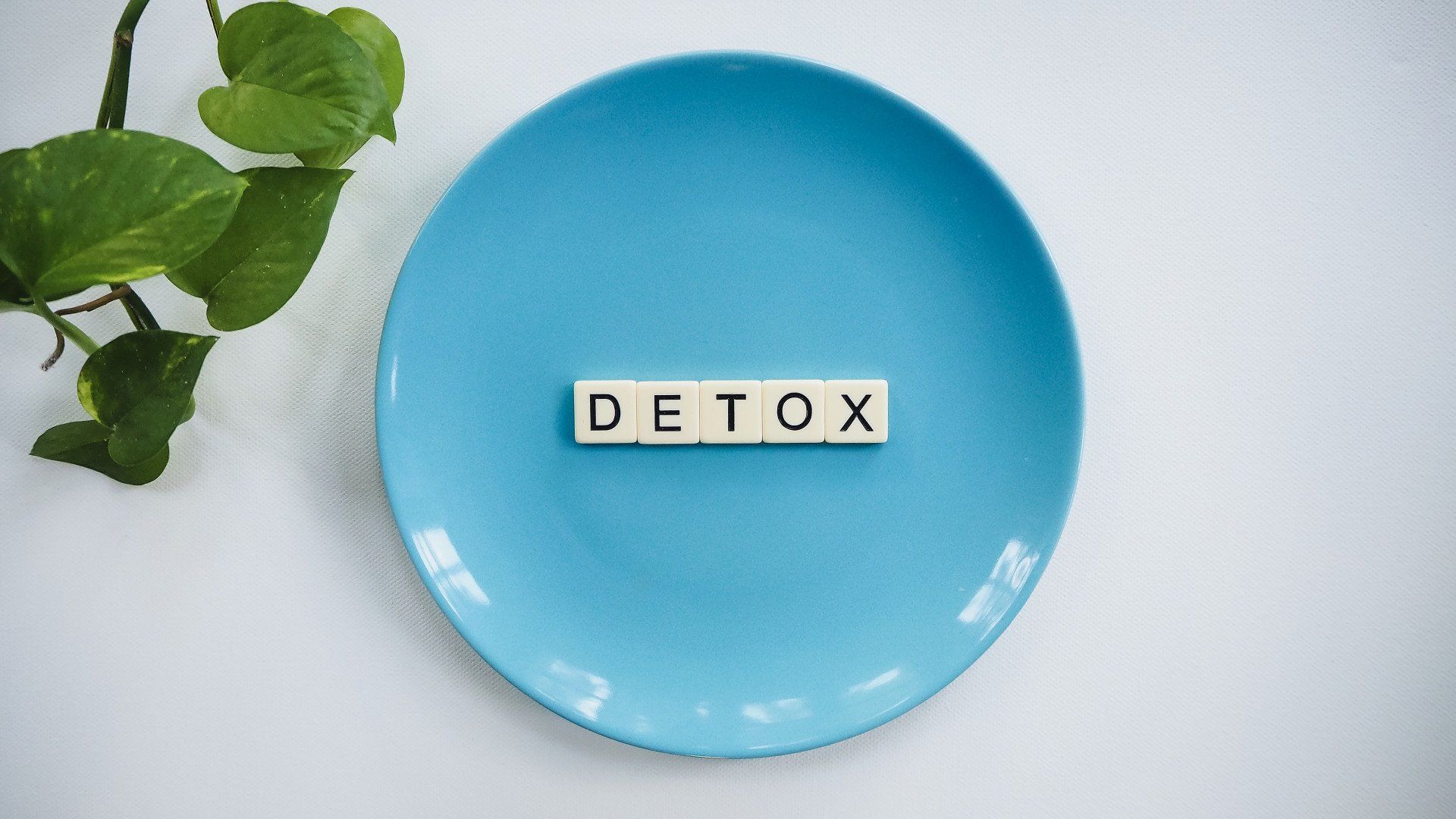Rethinking the Cleanse

The New Year is here and it’s one of the most popular times of the year to do a “cleanse. This often comes from wanting to “detox after eating too much or too many sweets during the holidays. For many, it’s a way to try to jump start some quick weight loss. For women trying to conceive, any type of restrictive cleanse or eating plan truly isn’t appropriate. Fertility and pregnancy are “metabolically expensive processes for your body, meaning that you really need adequate calories, protein, and nutrients for optimal function. Here at Pulling Down the Moon, we focus on a nutrient dense, anti-inflammatory diet that eliminates certain foods for a period of time in order to determine if certain foods are negatively impacting your health, but also to give yourself a period of time away from foods that aren’t serving you, which may help to reduce cravings in the long-term.
Here are few things we focus on:
- Modify the food coming in. Start by looking at the quality of food you’re taking in. Reducing/eliminating added sugar is a great way to help balance blood sugar levels and reduce cravings for many people.
- Eating more organic food is also important, as one study showed that eating more high pesticide fruits and vegetables was associated with lower likelihood of pregnancy and live birth when doing fertility treatments. In addition, higher intake of fast food has been associated with longer time to pregnancy. Choosing organic minimally processed meats, fruits, and vegetables, when possible, is a helpful component for a cleanse.
- Don’t focus solely on food. There are a number of chemicals in food packaging and personal care products, such as BPA, parabens, and phthalates that are hormone disruptors and thus may adversely affect fertility. It’s important to educate yourself about these sources, and start choosing more natural alternatives. The Environmental Working Group’s Skin Deep database is a great place to start.Support digestion. A healthy digestive system is a foundational part of good health and fertility, as our digestive system helps us digest and absorb our food optimally. In addition, our gut can have a profound impact on the rest of our body.
- Supporting healthy digestion ensures regular elimination of hormones like estrogen that can play a role conditions like fibroids and endometriosis, when in excess.
- Drink plenty of fluids, include probiotic foods regularly, and include at least 5 servings of non-starchy vegetables per day. These vegetables provide food to nourish your gut bacteria, which may have a profound impact on our digestion, immune system, and health.
These are just a few aspects that we discuss during the ART Recovery/Prep cleanse at Pulling Down the Moon. Schedule an appointment today, if you’d like to discuss how a cleanse program might be helpful for you. Try it this month and save with our January special!
Remember that changes to diet and lifestyle are a lifelong process that last beyond a few week cleansing period. A cleanse or reset period can be a helpful jump start for more lasting change!
Share on Social
Discuss With Us
Our Latest Resources



